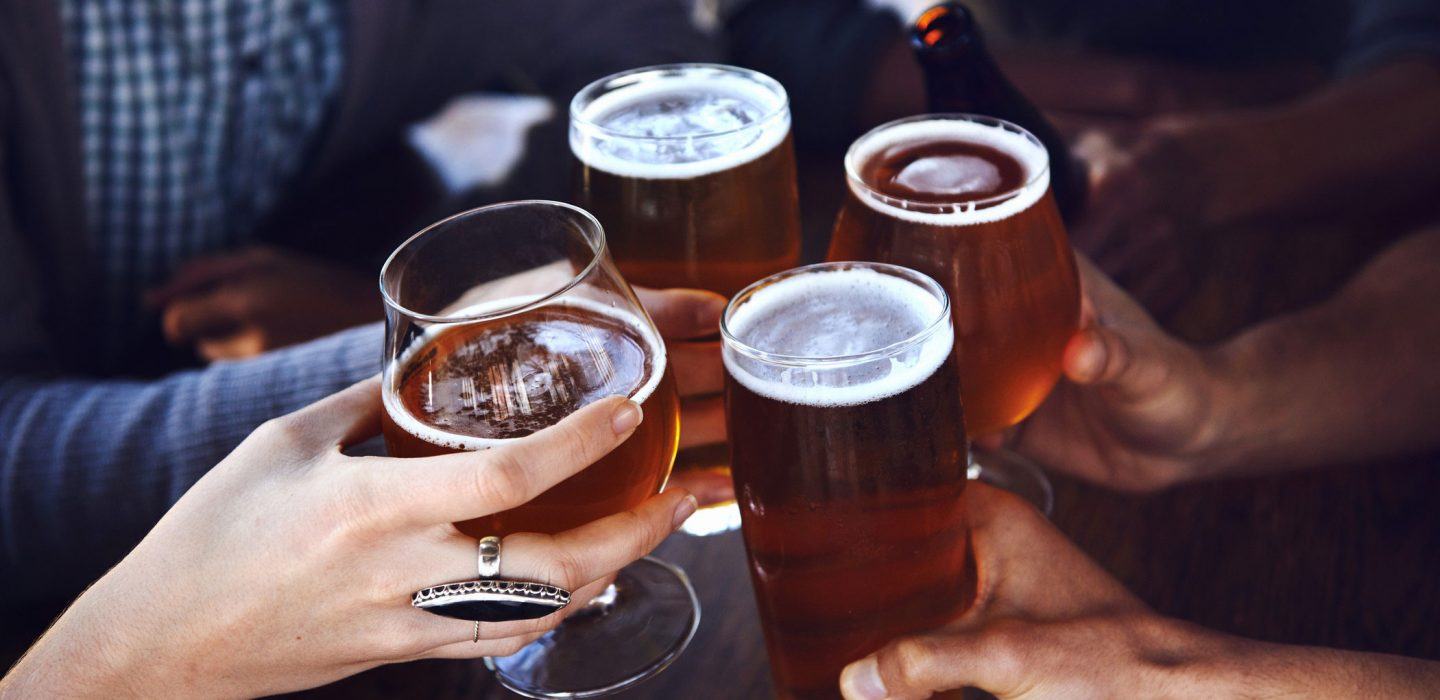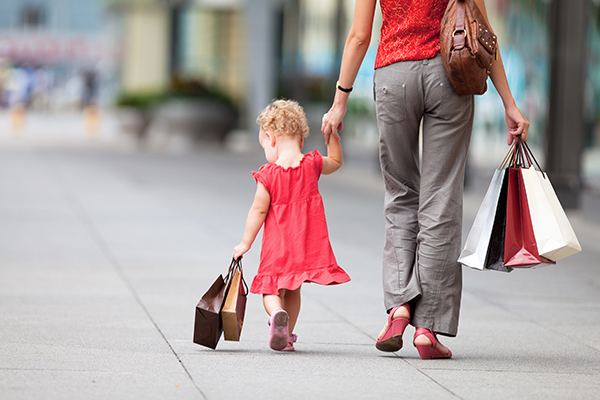Across families where parents and elders are accustomed to drinking and consumption of alcohol, a dilemma that constantly surfaces is whether they should be drinking in the presence of children. It is widely known that the minds of children are impressionable and they learn many things just by observing the adults who surround them.
Within such a situation, can witnessing parents and other adults consuming alcohol make them vulnerable or prone to early-age addiction? This is a question that adults around the world are confronted with and in this article this is the issue that we will be looking at. A new report suggests that most children and young people become aware of the fact that their parents drink even when they have taken all measures to restrict their knowledge. The knowledge that parents drink can influence the way that children relate to the consumption of alcohol, the way that they normalise or problematize it and the age at which they begin to think it may be alright to start drinking themselves. In an engaging report published by the Institute of Alcohol Studies it has been advised that parental usage of alcohol does encourage adolescents into the habit. The report advises that if parents do consume alcohol before their children they must not look as if they are either enjoying it too much or that they cannot do without it.
It is also important for parents to acknowledge the fact that if they continuously say in front of the child that alcohol gives them mental rest, calms them down, encourages their creativity or is part of a celebration-the child begins to believe that whenever she is in a helpless situation or wants to be at peace, she can depend of alcohol too. What must be understood is that in an early age, the parents have a huge influence on children and when they do not probe deeper into their own actions, it may have negative impacts on the child. In some homes, it may be considered normal for adolescents to drink but the report recommends that it is not advisable at all for children under the age of fifteen to begin drinking.
The child’s internal organs are far more vulnerable than an adult and the consumption of alcohol from an early age may render them vulnerable to several ailments. Even in households were the drinking of teenagers is normalised, medically it is not advised for children even at eighteen years to have more than one drink a week. Parents and members of children welfare groups across Europe have come up with extensive reports that state that community events where free drinks are served have become a major reason why children get into drinking from an early age.
The report suggests that parents often assume that their children do not take notice of their drinking but they are mistaken when they believe this because children notice it. The report is based on large scale survey, case studies and focus group interviews with hundreds of children across the world and the report shows that half the children had seen their parents relish their drinks often or had seen them under the complete influence of alcohol. Most young children whose parents were into the habit of drinking said they could tell when their parent was moderately or heavily drunk, the children also noticed how their parent’s behaviour changed when they were drunk heavily.
Children found that their parents lost their tempers, threw around things, argued with their spouses and other family members and became difficult when they go drunk. The report acknowledges that several children grow up in households where drinking is an everyday affair and children have grown up looking at their parents drinking. However, even when children grow up in such homes it is advised that parents refrain from some actions such as portraying themselves as ardent alcohol consumers or lovers, as making it an intrinsic part of celebration, making alcohol appear as something that alone gives calmness, normalising post drinking rudeness or the action of throwing up or perpetual hangovers.
When children find that it is normal to throw up after a drink, to lose control over one’s body, to throw around things and wake up with a hangover every other day, they begin to normalise the act of drinking alcohol. Children are today growing up in an environment that makes it normal for them to drink- look at the advertisements, the commercials, the television and web series that they watch, the peer pressure that operates on them, the glamorisation of drinking in media and the easy availability of alcoholic drinks. In such a context, if parents wish to delay or prohibit their children from drinking-they must take into cognizance how they establish their relationship with alcohol. It is for sure that parents cannot reduce the impact of pro-alcohol marketing, advertising, peer pressure or even the fact that alcohol today is so easily accessible, however what is in their hands is how they drink in front of their children.
Parenting is indeed a great balancing act, when we overdo anything whether it is excessive regimentation or excessive alcoholism both can have negative consequences for the child. The other aspect that parents and guardians must also keep in mind is the fact that when they are bringing up their children, they are almost moulding wet clay. The shape that the parents choose to give it will solidify as determine the adult that is created.
When over consumption of alcohol leads to mischief, bad body language, abuse and health disorders among the parents, not only does the child emotionally drift away from the parent but also loses the much important sense of respect. Parents can bring up children within a cultural milieu that is healthy, beautiful and in tune with the essence of shared and collective growth. Alternative ways of finding peace after a stressful day at work or of celebrating an achievement( instances where we make the most use of alcohol)must also be explored in a family or with friends so that children understand that alcohol may be one but not the only option available. Parenting children in homes where alcohol is frequently drunk needs a responsible and extremely sensitive parental strategy that must be discussed and deliberated. It’s all about a balance.
Stephen Jacobs is a Child Psychologist – based in Mumbai.














